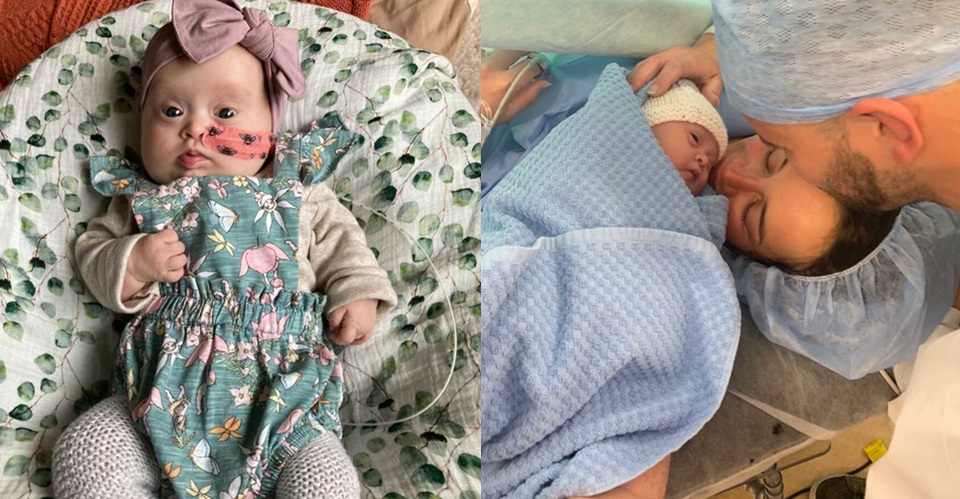They asked the sky for a sign, and got a daughter who taught them to choose hope, to move forward gently, and to love without conditions, one brave heartbeat at a time. Before sunrise on a cold November morning, Brana and Ross walked their dogs and watched a bright streak cross the sky. Both made a silent wish. After six months of hoping, she learned she was pregnant in November 2020, right amid lockdowns. They told the family at Christmas when she was eight weeks along. Brana was a nurse on a busy surgical ward, but with cases rising, they decided she would leave work to protect the baby.
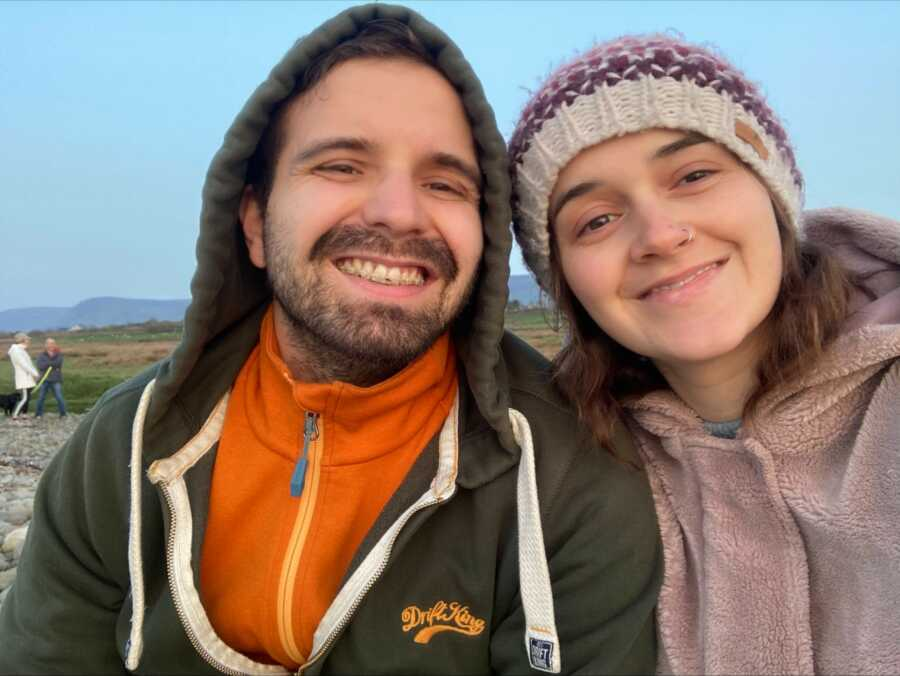
Before the twelve-week scan, they talked over breakfast about what it would mean if their baby had Down syndrome. It felt like a passing what-if. Because of restrictions, Brana went in alone while Ross waited in the car. The sonographer was kind as Brana cried at the first glimpse of their tiny miracle, but the measuring took longer than usual. Then came the careful explanation: there was extra fluid where it should not be, a cystic hygroma that later became hydrops fetalis. It could be an infection or something genetic. Hearing those words alone, then calling Ross to repeat them, was one of the most challenging moments of the pregnancy.
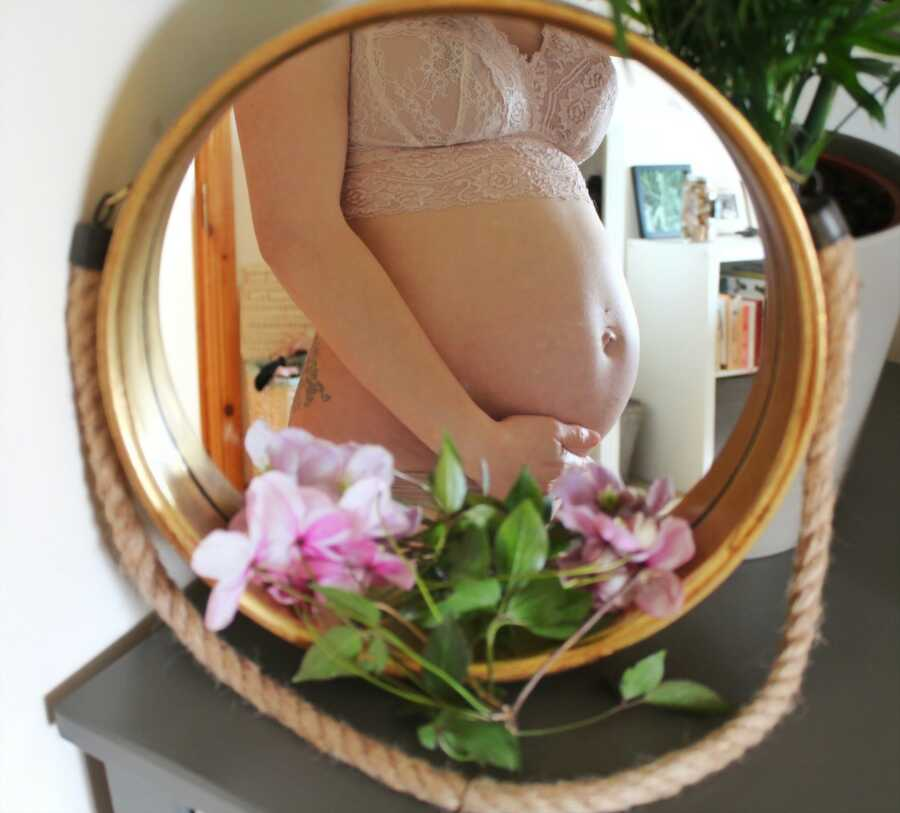
More scans followed. A severe heart defect appeared, and the hydrops worsened. Doctors prepared them for the worst. At fifteen weeks, Brana had an amniocentesis. Four days later, the consultant called with the result they had quietly hoped for amid all the fear: Trisomy 21, Down syndrome. It gave a name to the problems and, unexpectedly, a thread of hope. They chose a name, too. Evie. They did not know if they would bring her home or how long they would have.
Naming her made it real. Every two weeks, Brana returned for another scan, braced for silence, and every time Evie’s heartbeat said not yet. The first fetal echo was terrifying. Brana sat without Ross and heard again that the heart defect might be inoperable, that Evie might not reach term, might not survive birth, and even if she did, surgery might not be possible. The grief was crushing. Still, they decided Evie would write her own story, and they would stay hopeful.

Brana found comfort online in a wide circle of parents who had children with Down syndrome. Messages came from Ireland, the United Kingdom, and far beyond. Many babies in similar situations arrived around thirty-seven weeks, so they moved to Dublin late in the pregnancy to be close to the hospital. Her obstetrician booked an induction for thirty-nine weeks.
Before dawn that day, her waters broke, but contractions refused to start. Hours passed. Because of hospital rules, Ross was only allowed once labor was active. Even with medication, the labor stalled, and Evie’s heart rate dipped with each contraction. The team moved to an emergency cesarean. Evie arrived pink and perfect, gave a small cry, then was whisked away for breathing support. There were two fierce minutes with her before the transfer to intensive care, a blend of pride and aching emptiness.
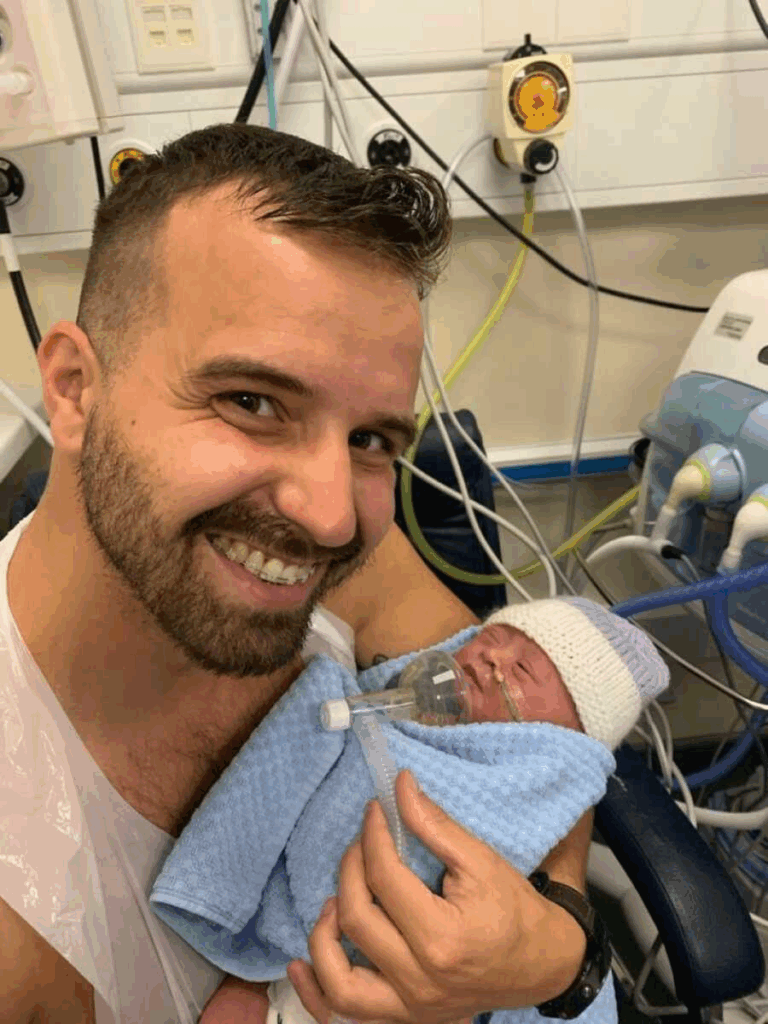
It was eight hours before Brana could hold her. In between, Ross asked about skin-to-skin and was told to keep his mask and a plastic apron. Their first photos carry those strange details of the time, but the deeper image is more transparent. From the first moment, Evie looked for her mother and locked on. That gaze has not let go. The bond is the steady ground beneath the problematic parts. Brana still grieves missing those early touches, the quiet feeding, and the hours Evie spent in an incubator far from familiar sounds and scents. Yet each day now gives back some of what was lost. Evie is small and fierce. She keeps proving people wrong. She charms nurses.
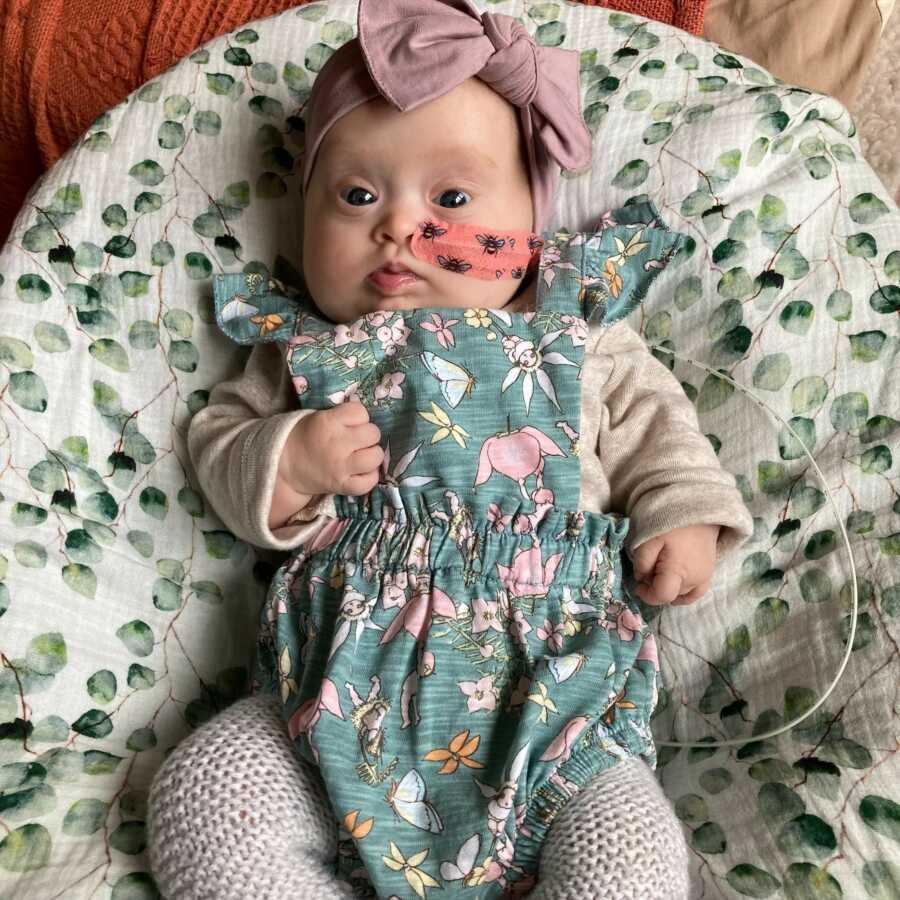
She studies her mother’s face. She brings light wherever she goes. There are regular cardiology visits. The heart defect remains too complex for surgery. They live with that truth and still make room for hope. Brana’s poem from those early weeks still holds: this baby is their most outstanding achievement; whatever comes will be met with love; whether early or late, they will make sure their child is wild and free. They still remember the shooting star and the wishes they did not say out loud. Evie, their little star, is here. However long the story runs, they will walk every line beside her.
